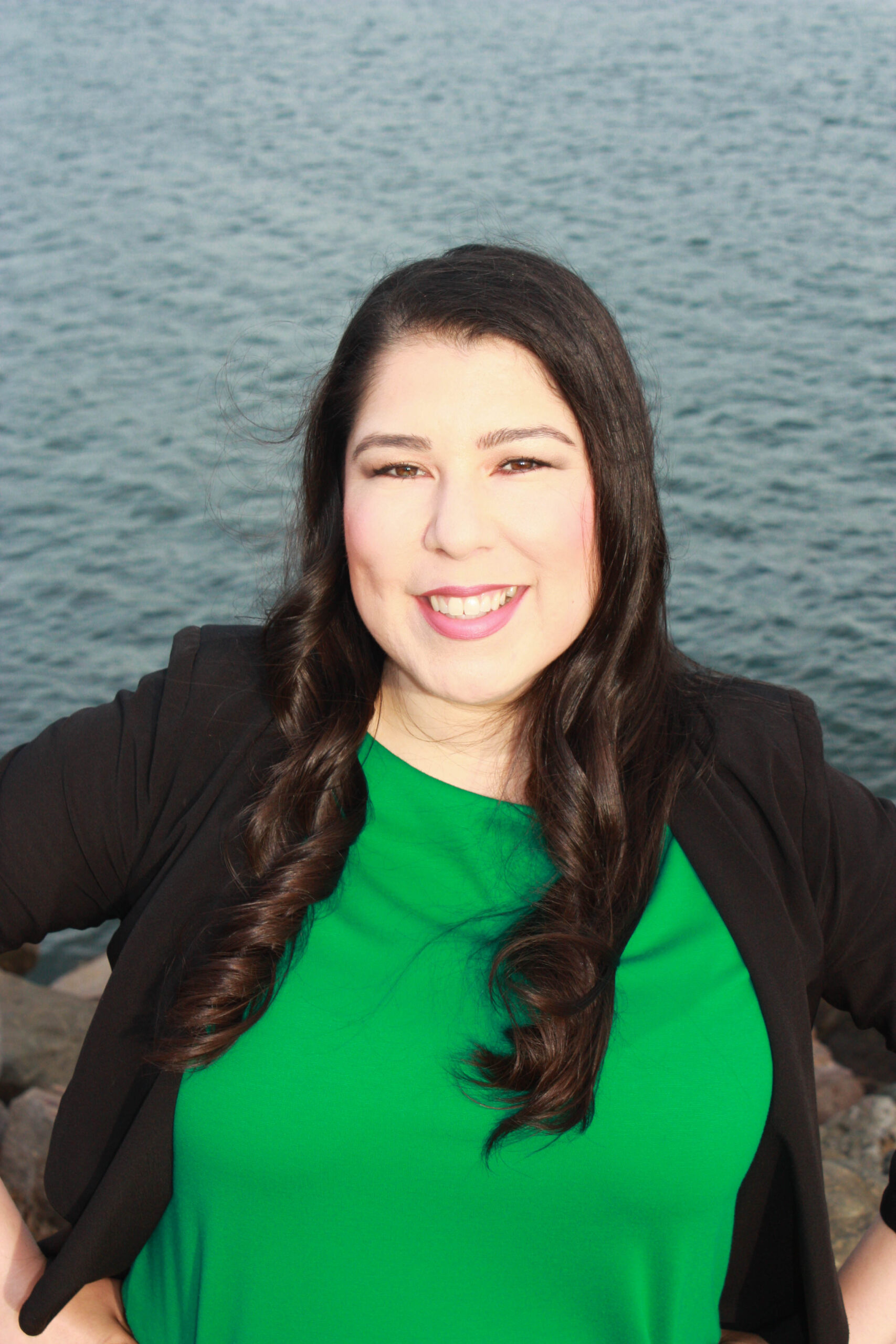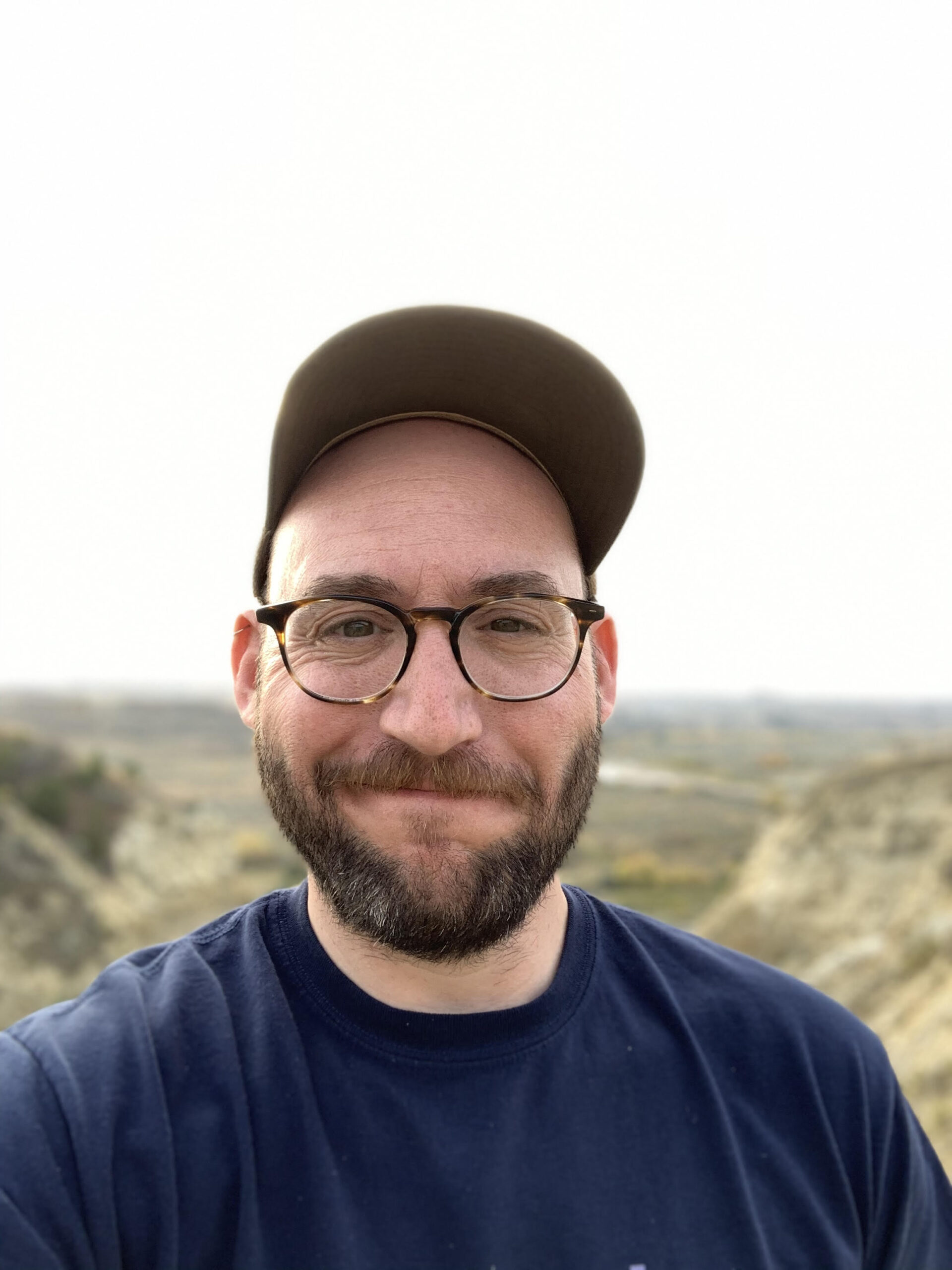Campus News
Caitlin Keliiaa and Philip Longo receive American Council of Learned Societies fellowship
The American Council of Learned Societies (ACLS) announced the recipients of their 2022 ACLS Fellowships. Philip Longo, Continuing Lecturer in the Humanities Division’s Writing Program, and Caitlin Keliiaa, assistant professor in UC Santa Cruz’s Feminist Studies Department, will both be receiving awards that will allow them to take leave to continue their scholarly research.


The American Council of Learned Societies (ACLS) recently announced the recipients of their 2022 ACLS Fellowships, and among the 60 honorees are two faculty members of UC Santa Cruz. Philip Longo, Continuing Lecturer in the Humanities Division’s Writing Program, and Caitlin Keliiaa, assistant professor in UC Santa Cruz’s Feminist Studies Department, will both be receiving awards that will allow them to take leave to continue their scholarly research.
“I feel very grateful,” said Longo. “It’s especially surprising because I thought it was very much a long shot as a lecturer, but I’m really excited to have research support for this project.” Keliiaa shares her colleague’s enthusiasm about this award. “I was thrilled to hear the news,” she said. “I’m very happy to know that it worked out and very excited to be starting this.”
For over 100 years, the ACLS has been providing support for humanities and interpretive social science scholars around the world. For 2022, the organization will award over $3.7 million to 60 scholars that were chosen from nearly 1,000 applicants.
Longo will be using his award to further develop his project “Circles of Sex: The Queer Origins of Sexual Revolution,” which will explore how queer writers and theorists in America helped set the tone for a period of sexual liberation in the 1960s and ’70s. At the center of Longo’s research is the life and work of Gavin Arthur, an amateur sexologist and astrologer who was the grandson of former U.S. President Chester A. Arthur. During his life, Gavin Arthur created “The Circle of Sex,” a visualization of 12 different sexual orientations.
Longo first learned about this work via a 1965 article written for Playboy by one of Arthur’s friends, Alan Watts. As Longo looked deeper into his history, he was able to follow the evolution of “The Cirle of Sex” through mentions of it in early publications for gay and lesbian audiences like The Ladder magazine and through a book Arthur wrote for Pan-Graphic Press, the first gay owned-and-operated publishing house in the U.S.
“As I started to track Arthur through this print network, I found that he had an extremely fascinating life,” said Longo. “Especially in terms of his relationships with many of the main sexual theorists from the early 20th century all the way to the gay liberation movement of the late 1960s and early 1970s.”
As Longo argues, many of those relationships Arthur had, and the work he did elucidating his theories in print, soon had an impact far beyond LGBTQIA+ communities.
“A print network emerges where people are starting to write about, name, and offer different conceptions of identity,” Longo said. “That’s taken up by the mainstream press in the U.S. It starts in Playboy, and with its success, you have magazines like Time and Newsweek and Ebony and LIFE, all start to write articles about the ‘Sexual Revolution’. And they’re drawing on a lot of the ideas that are being developed in these queer print networks.”
For Keliiaa, the ACLS Fellowship will allow her to continue work on Unsettling Domesticity: Native Women and 20th-Century U.S. Indian Policy in the San Francisco Bay Area, her forthcoming book that looks into the Bay Area Outing Program, an exploitative program that sent Indigenous children living in boarding schools into nearby communities to serve as laborers.
“This program existed from 1918 until about World War II,” said Keliiaa. “This program was specifically for Native girls, many of them between the ages of 14 and 19. They all became live-in housemaides through this labor program.”
On the surface, this Outing Program was meant to help assimilate these young women into so-called civilized society, but in reality, they were being forced into exploitative, and often dangerous, situations.
With that as a starting point, Keliiaa is using her research and her book to follow threads into the history of domestic labor in the American West. That includes a discussion on how communicable diseases were able to spread through the Native population due to the biased treatment they received at medical clinics in the early 20th century, as well as the larger community that was born out of the shared experiences of those from Indian boarding schools and the Outing Program.
“I’m looking at something called the Four Winds Club, which was an organization that actually started with Native women domestic workers and then, as the Bay Area Indian community expands, it starts to include everybody,” said Keliiaa. “Ultimately, it became the backbone of the Bay Area Native community as we know it today.”